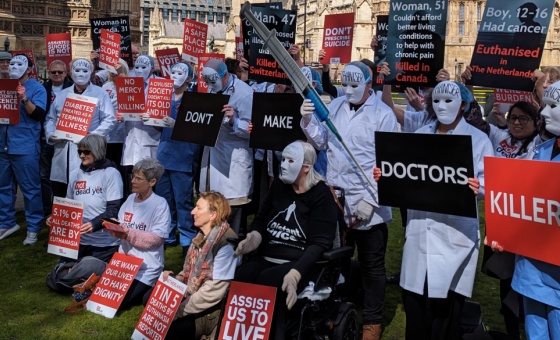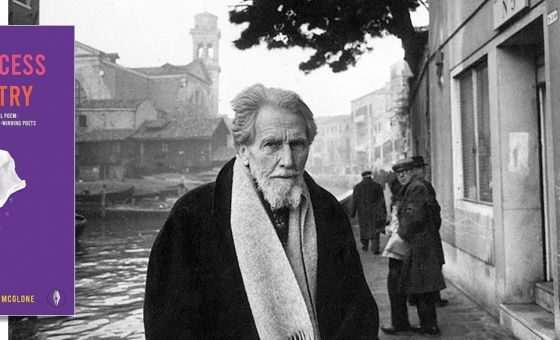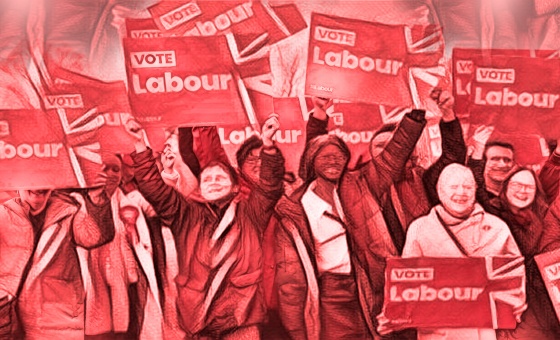This is the last article you can read this month
You can read more article this month
You can read more articles this month
Sorry your limit is up for this month
Reset on:
Please help support the Morning Star by subscribing here
IN JULY 1971 8,500 shipyard workers took control of four shipyards on the Upper Clyde: Govan, Linthouse, Scotstoun and Clydebank to stop their closure.
The shop stewards remained in control of the yards for the following 15 months and only ended their “work-in” when the government had fully capitulated and financially guaranteed the survival of all four yards.
This action on the Clyde had a much wider national impact. The Tory government was alarmed at the growing shop stewards’ militancy with good cause, as the workers’ successful enforcement of their right to work gave encouragement to workers in hundreds of other workplaces facing closure during the recession years of 1971-73.
Further, the stewards stressed that their fight was not just about jobs in one shipbuilding company, rather it concerned the right to work of all working people and did so at a time when government policies were for the first time since the 1940s driving unemployment over the million mark.
They projected the work-in as a new assertion of working-class and shop steward control that could protect the jobs of all workers and which exemplified a wider class unity.
They made the focus of co-ordinated support the trade union movement and the wider community.
The network of supporters’ groups formed across Britain became a powerful organisational resource for all workers in struggle, including the miners in 1972, while the occupation of the yards, strictly illegal under the law, gave encouragement to the broader trade union movement to defy the imposition of the Tory government’s 1971 Industrial Relations Act.
It is no exaggeration to say that the UCS work-in represented one of the key turning points in the history of the later 20th century.
It helped re-establish workers’ confidence in the organised power of labour, brought about the policy U-turn and ultimately derailed the Heath government and transformed the image of Scotland and its workers.
The shop stewards recognised the need to build alliances and won the support of small and medium business at regional level and professional and managerial staff, detaching them from their traditional political loyalties.
This resulted in lasting damage being done to the unity of the Conservative Party, and its Scottish electoral base being severely undermined.
The strategy and tactics of the work-in showed that class mobilisation, organisation and solidarity could indeed beat the market and a hostile government. It also defeated the right-wing trade union leadership which sought compromise with the Tories.
It was the fruit of patient work over years on basic issues of bargaining and defence of workers’ pay and conditions that would superficially have little wider political impact, but would build workers’ confidence in their own collective organisation.
The leading stewards, who were communists along with their left allies, sought to win among fellow workers an understanding of the class nature of society and to link immediate issues of defence, in the workplace or locality, to other similar struggles taking place elsewhere. In short, to develop a political consciousness.
While the STUC was the main driver for a Scottish Parliament, it was the UCS shop stewards who initiated the convening of the first Scottish Assembly — the body which launched the demand for a Scottish Parliament with the economic powers to stop closures and to defend people’s right to work in their own communities.
They wanted unemployment to be discussed as a national issue, posing issues in anti-monopoly terms. This was not lost on the government, which recognised that the UCS campaign could become a rallying point for a Scottish Assembly.
Jimmy Reid, leading spokesman of the UCS co-ordinating committee, told an internal Communist Party meeting: “The establishment of Scottish and Welsh parliaments would give the Scottish and Welsh people greater democratic opportunities to fight for the planned development of their countries … In the course of this struggle the great monopoly concerns and the ruling class will be exposed as the chief threat to genuine popular and national interests.”
And: “Tory policy is hostile to the vast majority of British people — industrial workers, farmers, professional people, small businesses and traders alike.”
At the Scottish Assembly in 1972 STUC general secretary Jimmy Jack declared that a Scottish Parliament would be a workers’ parliament.
Leading trade unionists like Hugh Wyper of the TGWU thought the parliament would be dominated by a left-led Labour Party sustained by a militant trade union movement engaged in extra-parliamentary struggle.
Instead, we’ve experienced decades of a right-wing Labour Party taking working-class votes for granted, culminating in the enormous blunder that was the Better Together debacle.
The SNP claimed, with some justification, that its success in the Govan 1973 by-election was due in part to the UCS struggle.
While the SNP’s popularity ebbed and flowed for complex reasons, their record in over 10 years of government has been that of a managerial and centralising government.
Currently it dominates the Scottish Parliament and, while many working-class communities see Scottish independence as an escape route from Tory rule, winning a further referendum is far from certain.
Those on the left today who, like the UCS stewards, see building an anti-monopoly alliance as the task in hand know nationalist politics in Scotland poses no threat to state monopoly capitalism and Boris Johnson’s centralising agenda.
The SNP government’s Growth Commission report is based on the same neoliberal, pro-big-business principles as Johnson’s.
Nor has it posed any serious challenge to Johnson’s capture of the Scottish Parliament’s 1998 powers of economic intervention, powers which the UCS stewards fought for, that should have returned after we left the EU.
Instead, it is allowing Johnson to centralise economic control across the nations of Britain, most recently with the new Infrastructure Bank poised to become the prime supplier of credit to local government, in Scotland as elsewhere, on terms that will force it into partnership with the private sector — and by private sector they don’t mean the corner shop, of course. They mean the big combines and investment companies.
What is required now, as in 1972, is a fight for democratic powers at the base: bringing people into activity, building alliances, working on the issues that are relevant to working people, such as challenging corporate ownership of our transport services such as Get Glasgow Moving — agitating on the campuses, in the workplaces and in communities at every level from local councils upwards.
Led by the organised working class, such struggle is the way to take the fight to the Tories and beat their centralising agenda.
Tom Morrison is secretary of Clydebank Trades Union Council.










